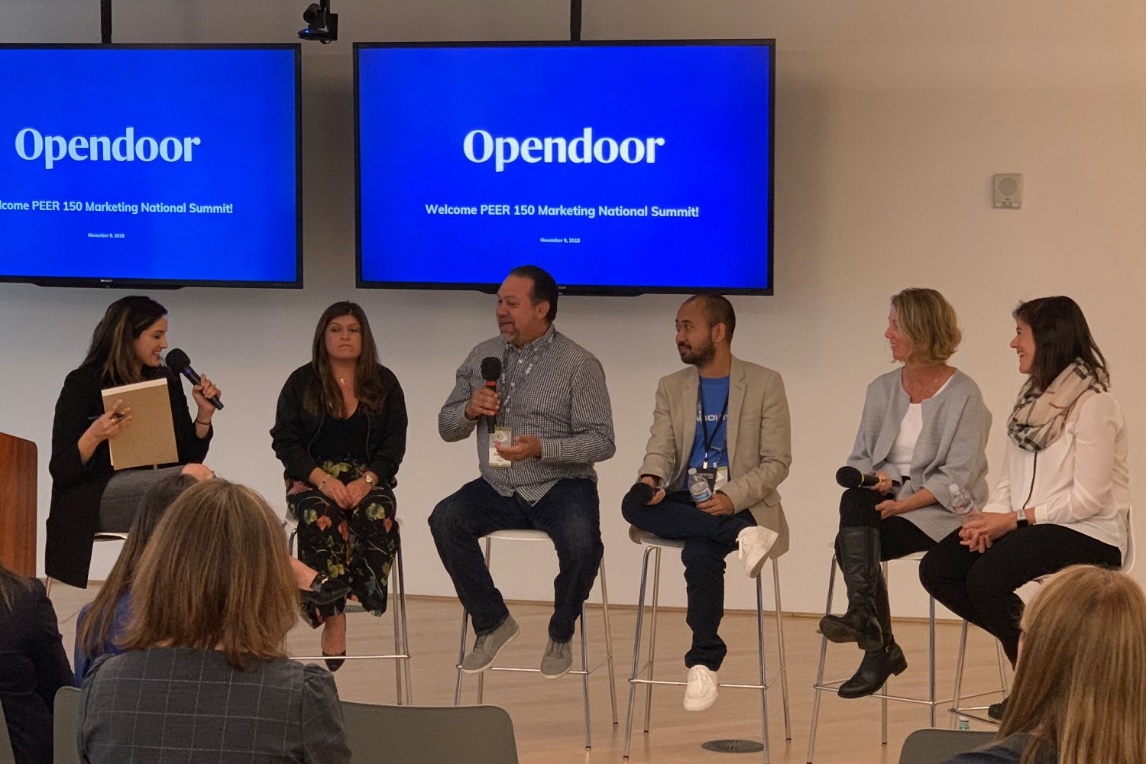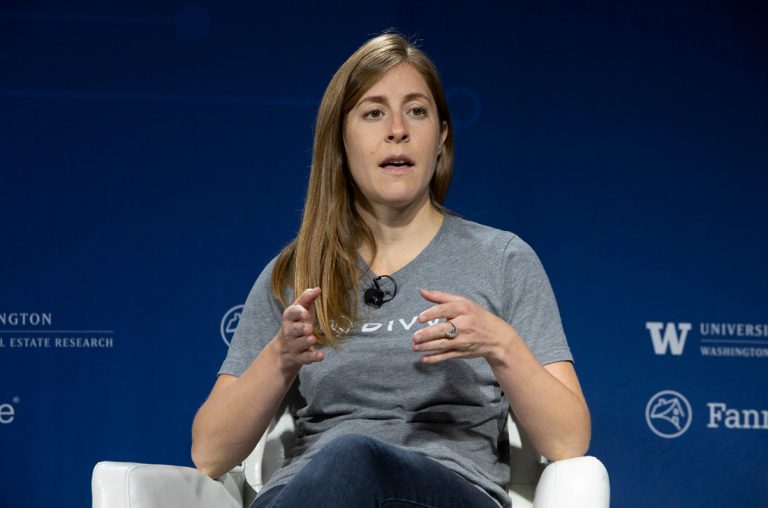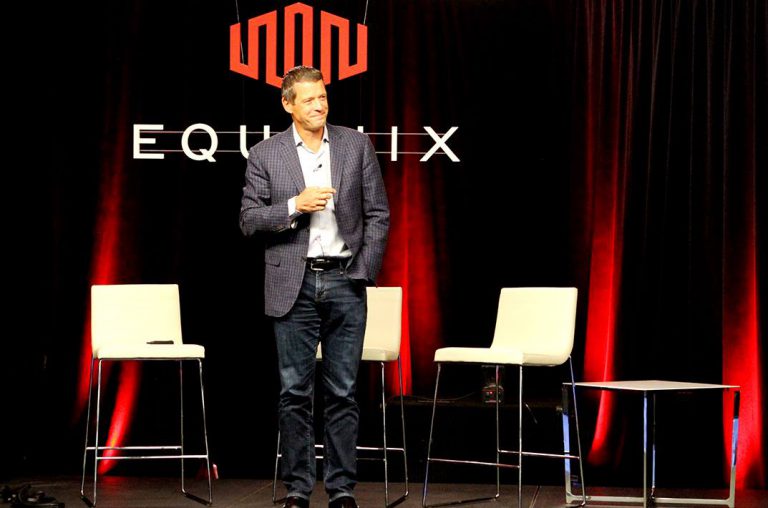How Opendoor Builds a Generational Company That Remakes Real Estate for Digital Era
Back in 2014, the co-founder and CEO Eric Wu set out to re-invent the process of selling and buying homes. He didn’t expect to pioneer an entirely new movement that traditional real estate companies would follow. Wu and his team were addressing an important market opportunity and pull it off by building a company that was going to buy and sell homes at scale, which was enormously challenging.
In the meantime, any traditional company was going to excel at multiple activities like finding sellers, setting prices, convincing them to sell, fixing the homes up, finding buyers, setting prices again, and convincing buyers to buy. This sounded like a complex task to do all this in volume, in dozens of markets, across thousands of homes worth billions of dollars.
Real estate insiders were thinking that the issue is too big, home pricing is too variable and consumers are too used to buying and selling homes the old-fashioned way. Maybe a platform approach won’t work and technology can’t solve these problems. This was coming from an industry that had seen very little disruption and innovation over the years.
Despite all of the evident challenges, it was clear that consumers deserved better solutions from the real estate industry and Opendoor has been doing it cost-effectively on tight margins. One had to wonder how the company made that happen, so let’s discover!
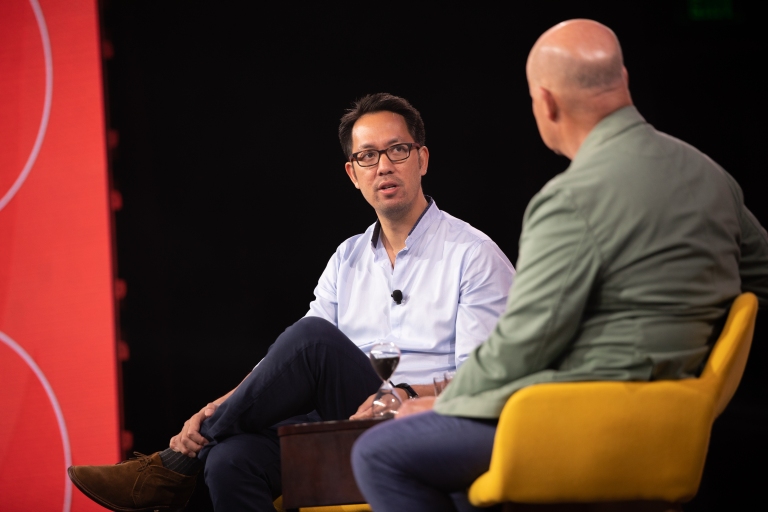
From a Geeky Man to a Billionaire
In college, Eric Wu was an enterprising young man. When many students living on a tight budget take on side-jobs just to scrape together and save enough money to help them pay off student loan debts down the road. He spent his college scholarship money and free time building an impressive real estate portfolio that included roughly 25 properties by the time he graduated in 2005. And that paved the way for him to make billions in the real estate and tech industries.
Wu credited his interest in homeownership to his mother, who was the most frugal woman in the world to him. As a social worker and single mom, she really hated wasting money and believed that renting was really a waste of money. “That principle ended up sticking with me.”, Wu tells CNBC Make It.
While Wu was following his mother’s advice by purchasing his first home, he found that he ended up really loving the experience and the transaction, so he didn’t stop there. “It’s something I just did in my free time. I had a strong interest in doing this nights and weekends.”, he says.
Buying real estate was Wu’s primary hobby throughout college, along with learning to write computer code and build websites. Both of those hobbies ended up proving quite valuable for Wu, who went on to combine his passions for coding and real estate soon after graduating from college.

“In 2014, a small group of us dreamt of a future where you could buy and sell a home at the tap of a button,” he wrote in his blog post. “Like most startups, we’ve faced our fair share of hard problems, but we believed in the potential impact of what we were building and put in the hard work to tackle obstacle after obstacle.”
Eric Wu was then, and remains today, deeply passionate about improving the lives of consumers as homeowners. He directly addressed the friction and pain involved in the process. He wasn’t looking for small improvements but wanted to make it dramatically easier for consumers with his expansive vision.
A Platform Focused on Buyers & Sellers
Since those early days, the industry narrative has dramatically shifted and Opendoor’s home buying and selling platform is now the largest, most trusted digital platform for residential real estate. One reason for Opendoor’s success is the relentless focus on improving the consumer buying and selling experience.
Customers interested in selling their home can go to Opendoor to be provided an offer price sight unseen after gathering information about the home. Against the offer price, the company will charge home sellers a risk fee to hedge against any potential depreciation in home prices. This buying model is attractive to sellers because it allows them to sell their homes immediately.
Buying or selling a home is the single largest financial decision a consumer ever makes, and that process is filled with stress. Opendoor learned that consumers appreciated the transparency, certainty, and speed when selling their homes to it, without ever having to stage an open house and that they valued the option to self-tour homes on their own schedule and without any pressure from an agent. After purchase, the company lightly renovates the home, as needed, and resells the home to other buyers. It believes that after some light cosmetic renovation, and an appreciation arbitrage, there’s real profit to be made.
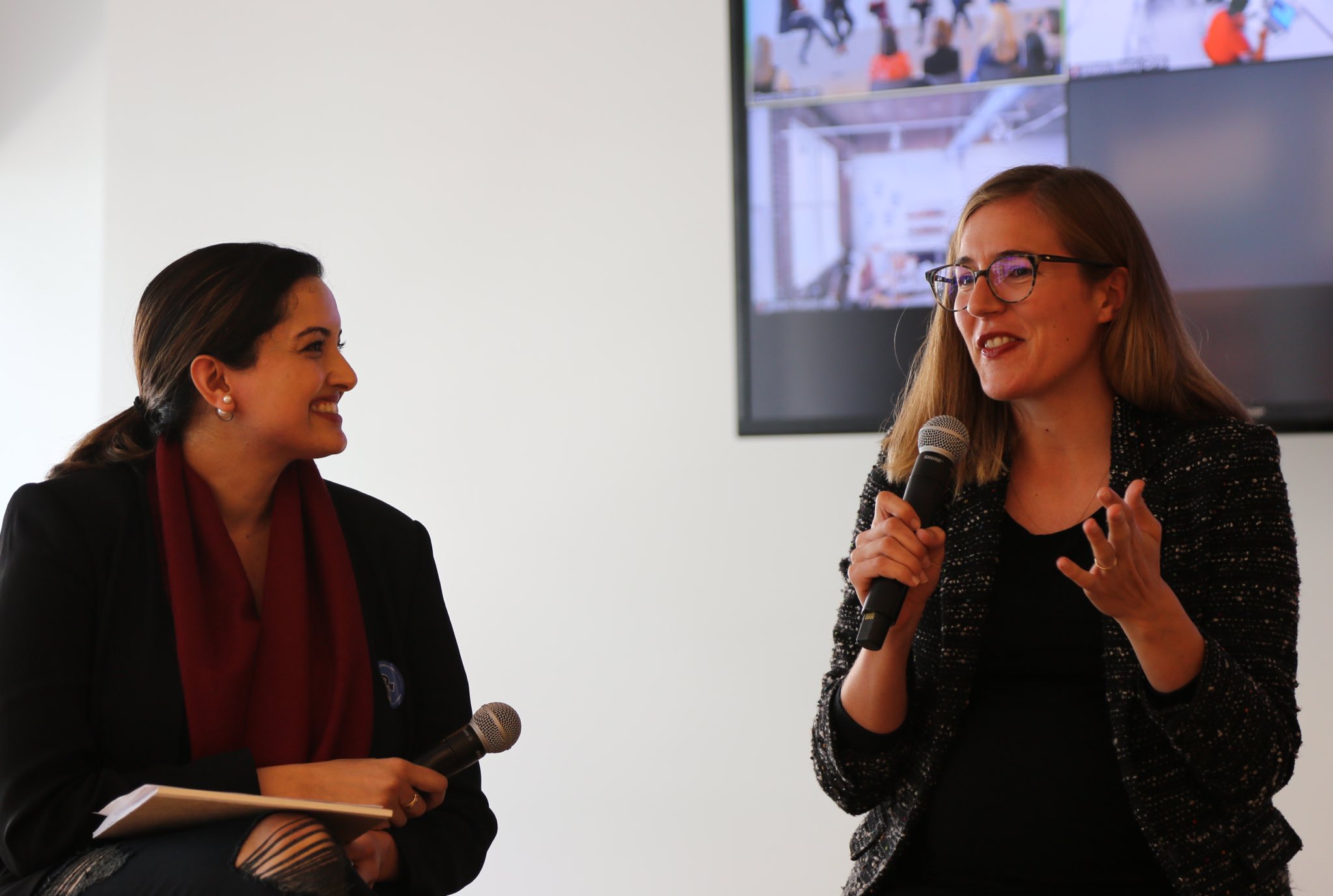
The Opendoor’s platform is unique in two areas:
First, it is focused on sellers, the party with the least leverage in a typical residential transaction. Real estate agents sell lots of houses, buyers can choose from lots of houses, but sellers only have a single house to sell, which means the cost of any delay or complication falls on their shoulders. The company relieves that burden by making an offer for the house based solely on an address and questionnaire and close the deal as soon as they wish. Besides, it explicitly charges sellers for having replaced total uncertainty with a bank wire.
Second, the company also streamlines the home buying process. Home buyers interested in properties available via Opendoor can access and view properties at their convenience with key codes and without agents. What’s more, they are provided a short-term guarantee on their purchase, which stipulates that the company will buy back the home.
When being asked whether or not iBuying can co-exist with traditional brokerage models, Wu says there are very few winner-take-all companies, but there are many winner-take-most companies. Because there is a natural constraint to the amount of market share one iBuying company can have due to debt financing and risk, he believes that Opendoor can be a winner-take-most company as long as his company continues to deliver superior excellence to its customers.
Invest in a Great Team
Internal alignment and a great team are essential to the success of any company. As a leader, Eric Wu not only has a well-formed vision and purpose but he’s also a good listener. He keeps seeking advice and knows exactly when to ask for help, then takes that input and figures it out.
Along with his co-founder and the Chief Technology Officer Ian Wong, Wu has been able to attract a group of talented and mission-driven executives. They have taken a big vision and redefined the future of home buying and selling with the help of brilliant and motivated colleagues throughout the firm. They are visionaries as well as problem solvers and operators.
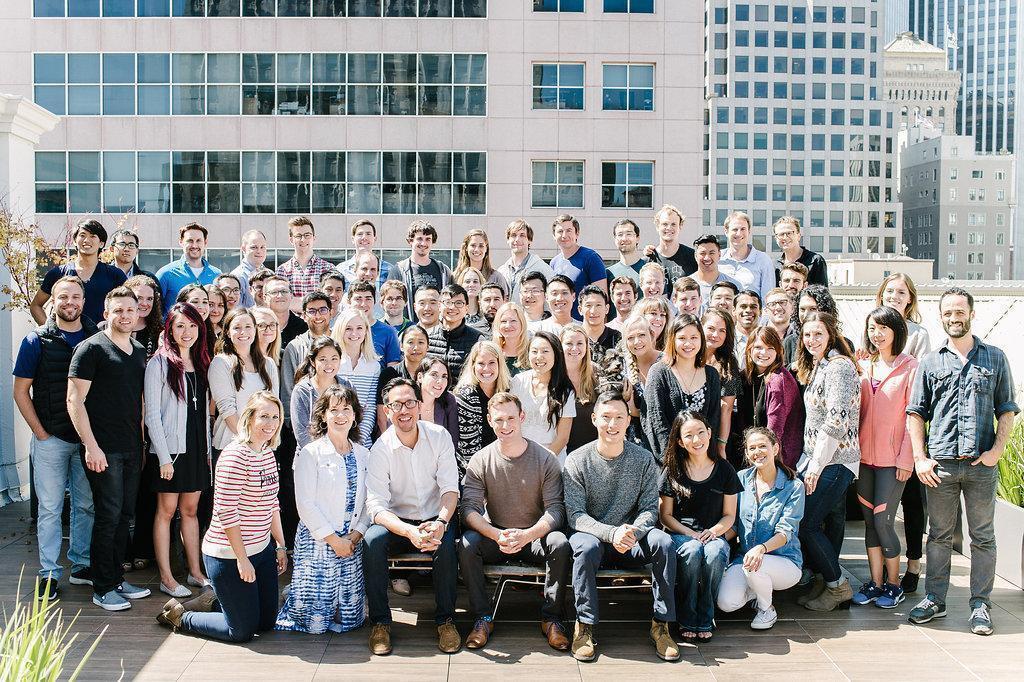
#1. Focus on Scaling Employee
Looking backward, Wu wishes he had focused on scaling the staff more aggressively in the beginning when customer adoption rapidly grew. With heavy investments in onboarding, internal communications become critical as there are so many people in the system. Especially when they haven’t been there since the beginning so they don’t understand the mission, the values, and the operating principles with clarity.
The first time around hyper-growth was a chaotic mess. Everything seemed broken and terrible but that is normal. When a company is growing through its first chapter, there would have been a lot of people who joinedearly on that put their heart and soul into the organization. They are required to manage more people or even manage managers with a growth mindset and a wide entry aperture for development. It’s a pretty challenging transition.
However, Wu is proud that Opendoor has done well in ensuring that everyone can receive feedback from each other and building openness in the company. It’s still something that the company continues to drive so that all of its one-on-ones end with feedback.
The U.S. housing market is highly competitive and fragmented, with over five million residential real estate transactions per year. To win, Opendoor needs to provide exceptional customer service and needs to hire exceptional people. The more markets it expands to, the more people it will need. And the more people it hires, the more effort it will take to find those people.
#2. Only Hire Missionaries
In an interview, Eric Wu shared one of the biggest lessons he would tell the younger version of himself was to “only hire missionaries.” This is an incredibly important tip for all companies, all organizations, and one that real estate really struggles with.
“The thing I would tell myself is to only hire missionaries. I think that’s really important. They’re not really there for the mission or to solve the hard consumer problems.”, Wu says. “It’s really important, especially in the early stage, to try and hire as many missionaries as possible who really care deeply about the problem.”
When it comes to how to identify people who are mission-driven by specific signs like in the interview process, there is the classic stuff like trying to figure out what motivates them. If they join the company for the desire to solve hard problems in the space, then you know they are going to be there for the long haul. Whereas, many others would care deeply about the title and compensation in career. As he mentions, there are a lot of people who want to get into a startup to experience the company’s growth with their early excitement, and then leave when they have finished their own purposes.

This issue isn’t limited to startups. Every organization has to think carefully about whether their people are missionaries or mercenaries. The difference in outcome is dramatic. As Wu puts it, greatness comes at night when no one’s looking, when the person is willing to do the hard work in service of the mission of the customer.
There’s no doubt that Eric Wu is a true believer. He could have had a very pleasant life working at his Trulia and then at Zillow when Trulia was acquired. However, he chose to take the risk and sign up for 100-hour workweeks in the startup world. When the leader is a true believer, a missionary, it is more likely that the executives and staff down the corporate structure will also be missionaries. By sharing the same vision, they can get along well with each other.
The more missionaries an organization has, the more greatness it can achieve. This brings us to the whole idea of mission. Opendoor’s mission is to remove all friction from the home buying and home selling processes to make it as easy as possible, empowering everyone with the freedom to move. It is clear that the company has a very strong mission and a bunch of people who are missionaries.
Every business is so reliant on people, so it must attract and retain exceptional talent in each market it enters. Maintaining a customer-focused culture with each new hire and each new contractor is easier said than done, but a critical task nonetheless.
Growth Takes Time
Eric Wu is particularly proud of the Opendoor team for working to improve the customer experience and infrastructure of the platform to scale and invent new products. He is also glad that the product has demonstrated its worth in all markets, at all price points, and in all conditions so that the business can scale nationwide.
In Wu’s eye, by the time, everything the company did is just going to be improved, not perfect. With this in mind, he always looks forward to developing all of the platforms and programs, taking the company to the next higher level. To him, any important and impactful products would “take time to grow.”

About his insights into developing its own brokerage service and developing relationships with additional agents, Wu says he is still exploring every option to bring simplicity and certainty to the home buying and selling process. His goal is to offer consumers as much choice as possible.
Under Wu’s leadership, the Opendoor team is always eager to learn from new datasets, new products, and new vendors. And as the company grows, it will face the paradox of its greater success bringing greater challenges to overcome. But only with great risk comes great reward. Getting aggressive on expansion, Opendoor is now available in more than 40 markets around the U.S.
Data Science Is Key
The real estate industry isn’t the first industry that usually comes to mind when discussing ways to apply machine learning algorithms. Since its founding, Opendoor has always done data science in-house and leverage both its own and third-party data. The company recognized that modernizing the outdated, manual process of pricing homes could benefit consumers in terms of price certainty and the ability to more quickly take advantage of the equity in their home. As a result, it devises its own algorithms to determine the right price acceptable to both parties.
Opendoor relies on a version of AVM, Opendoor Valuation Model or “OVM”, a core piece of pricing infrastructure that feeds into many downstream pricing applications. This includes home offers, how the company values its portfolio, assess risk, and what decisions it would make when reselling a home. One element of OVM is based on a set of structural insights about how buyers and sellers evaluate prices and decide on home purchase bids.
“Accurate and performant pricing systems are core to our business model. Our initial automated valuation model stems from lines of code our co-founder and CTO, Ian Wong, wrote back in 2014.”, says Sam Stone, Director of Product Management, Pricing & Machine Learning Products. “It’s fair to say that pricing systems are core to our DNA as a company.”
When Opendoor started building OVM, it kept the model straightforward, relying mainly on linear statistical models, so that it could verify and grow data quality, rather than getting caught up in fancy math. As the company has come to understand the behavior of buyers and sellers better over the years, it has been able to move to more sophisticated models. OVM is now based on a neural network, specifically an architecture called a Siamese Network.
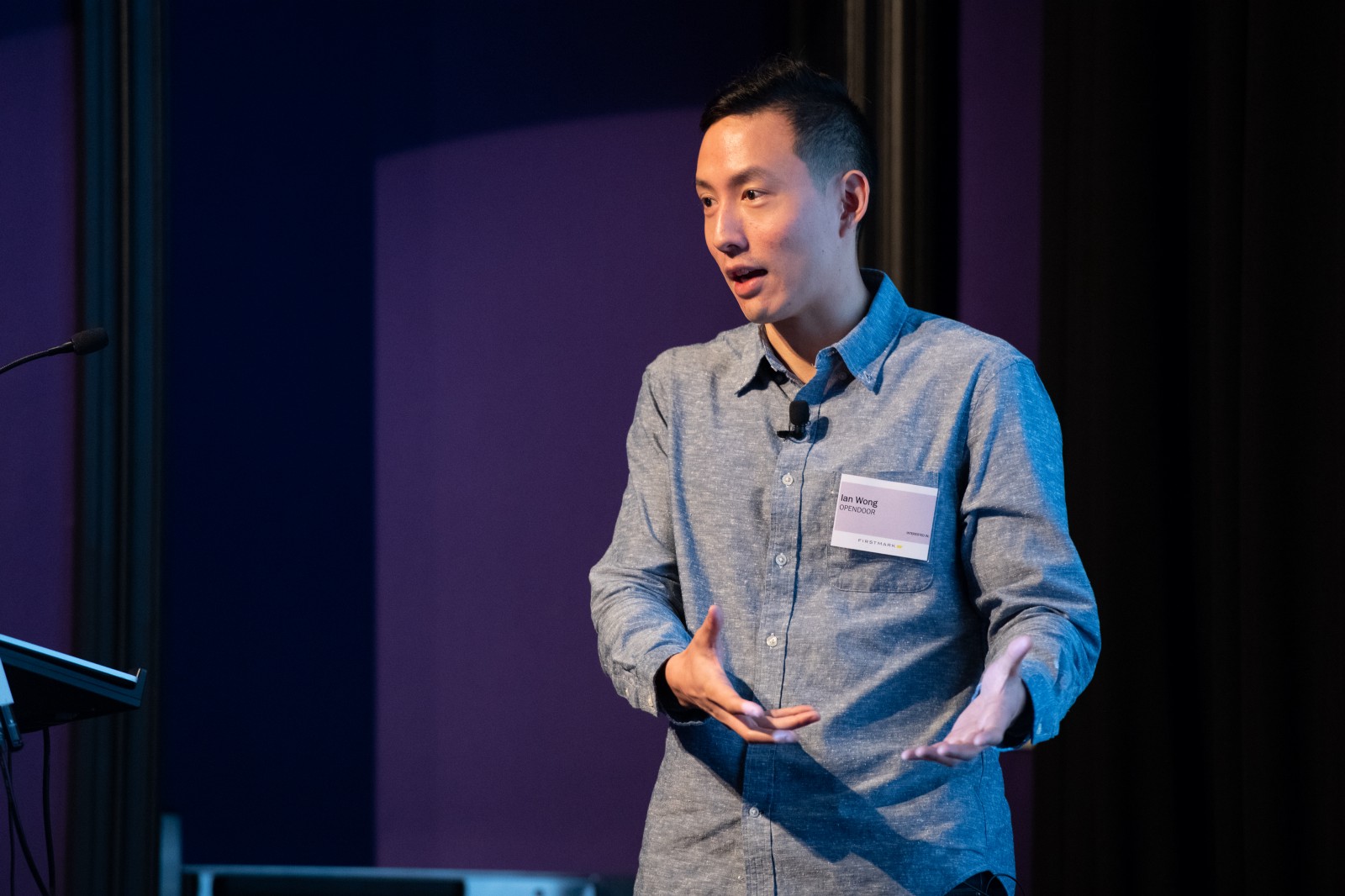
“We’ve seen repeatedly that a ‘state of the art’ machine learning model isn’t enough. The model needs to understand how buyers and sellers actually behave in its architecture.”, Stone says.
Ensuring high-quality input data, under all circumstances and for all fields, is always a top priority. The model that is most accurate in a time of macroeconomic stability is not necessarily the model that is most accurate in a time of economic crisis. Sometimes it makes sense to invest in forecasting features that don’t help accuracy during normal times but can help a lot in rare, but highly uncertain times.
“This past year has taught us that we can price homes using interior photos and videos shared by sellers. Prior to COVID-19, we would inspect home interiors in person. However, when the pandemic began, we stopped in-person interactions for safety reasons. As a result, we turned the interior assessment into a virtual one and learned that it’s actually much easier for sellers.”, Stone says.
One final thought, we can see that Opendoor’s customer-focused values, vertically integrated business model, and technology differentiate the company from many competitors and provide a meaningful and sustainable competitive advantage. To date, the company currently operates in a growing number of cities and neighborhoods across the country.
The Bottom Lines
Building a company is never easy, and it’s also true for Opendoor. Building any successful company, let alone an outstanding company of operational complexity and scale, is a real challenge. To overcome, one needs to be relentless in the pursuit of operational excellence and resilient in the face of numerous setbacks along the journey.

